

A new year is exciting, scary, full of promise, hope, and maybe trepidation.
A time to look back on how we did last year. For remembering the goals we reached. For forgiving ourselves for those we didn’t. For being thankful for family, friends, lessons learned, doing good work, taking risks. For making it through.
I gave up on making new year’s resolutions long ago. They didn’t motivate me. I often lost the paper or file where I noted them.
Instead, I look at what I want to let go of. More than cleaning out the closets (which is good and helpful), I look at old ideas, used-up patterns, and beliefs that no longer serve. What can I change to make the coming year brighter, regardless of what’s going on in the outer world?
I can stop being overwhelmed by the details of projects I chose to do. Over booked and over-committed, I worry. Even when the project is self-inflicted. This makes me less productive. So, what is really important?
I’ve made my choices. I will finish the book I’m working on now. Set the marketing plan in place and then tackle the novel that is beckoning me to learn about new characters and discover their story. That means making time for research, finding new resources, and writing. How will that time fit with my other responsibilities? What might I have to let go of? (Maybe the misguided notion I can do everything, all the time, no matter what).
What about you? What’s the most important thing you want to spend time on in 2024? The project/idea/task/group/person that gives you the most joy? Go ahead, write it down. In your journal. No one will know.
What excites you the most about the possibilities for this project? Write what comes. There are no wrong answers.
Then ask yourself, what, if anything, stops me from giving this beloved activity the attention it deserves?
Intention can be tricky, the same way goals can be tricky. It’s easy enough to think, “lose ten pounds,” “paint the kitchen,” “write that story I dream about.”
To make our intention real, we write it, paint it, or make a collage. Anything to bring it into the physical world with us.
That’s the first step. We also need to acknowledge what stands in the way. What ideas, beliefs, old programming, or fears are waiting in the wings to sabotage us?
When we cling to the limitations of the past, we may not notice why the grand intention falls by the wayside, or the goal is forgotten.
For writers and non-writers alike, personal journaling helps to clear out the debris, toss what’s no longer needed, and develop new, shiny, resilient beliefs to keep us going.
Yes, there is enough time. Yes, you can do it. Yes, working toward your heart’s desire is worth it, even if it’s hard.
So, try it. Write morning pages. Tell your journal what you want, how you feel, what makes you angry, and how you’re going to move through this next year, brave and free.
You’re in charge. If you’re not satisfied with your story, change it! And let me know how it goes, cause I’m right beside you, changing mine.

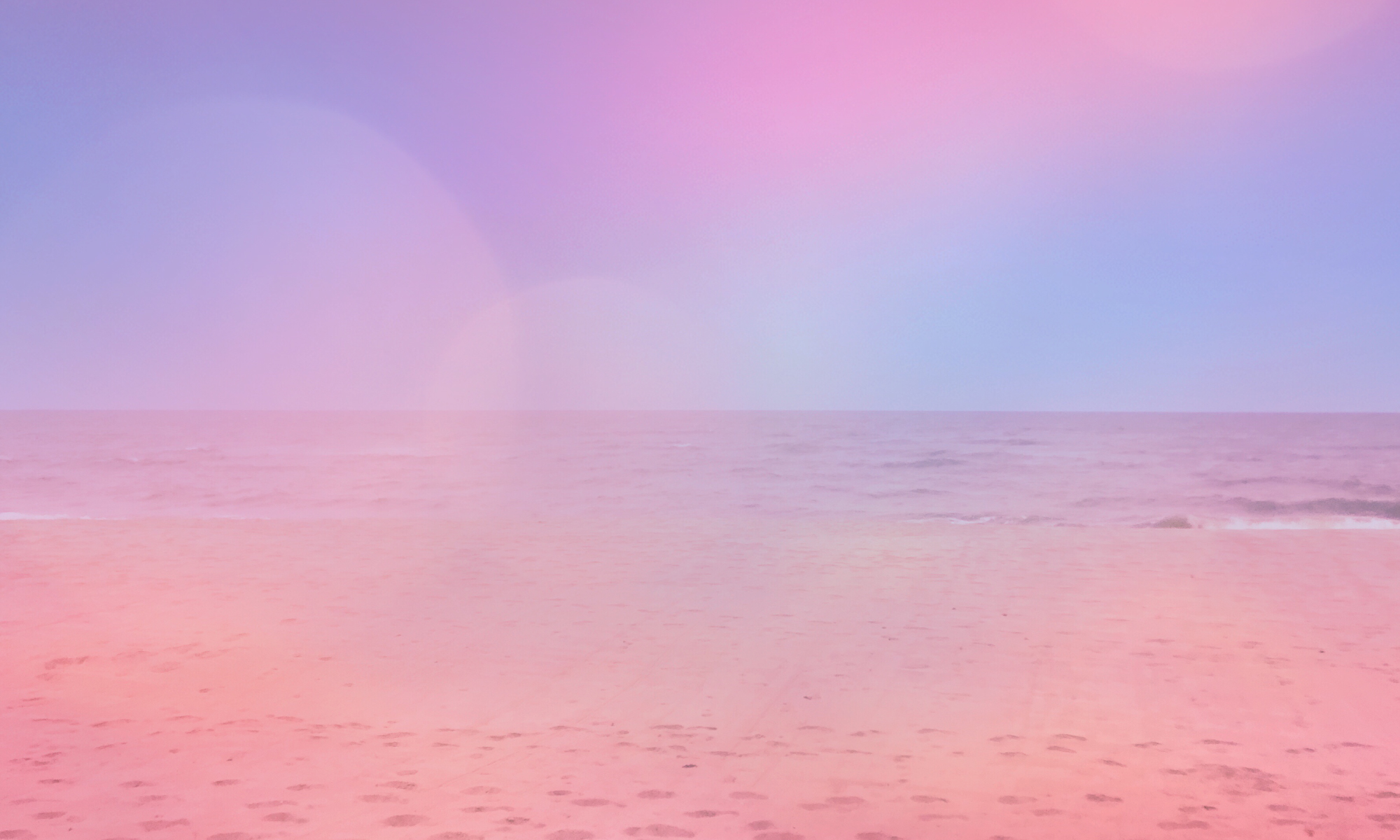
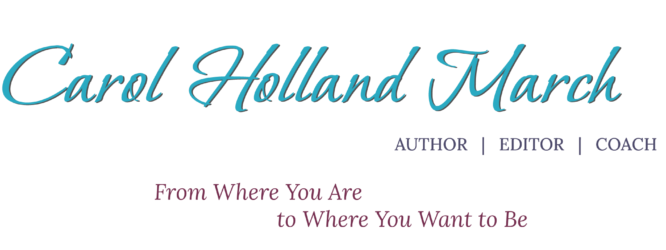
 Do you have a story to tell?
Do you have a story to tell? 
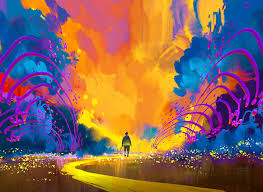


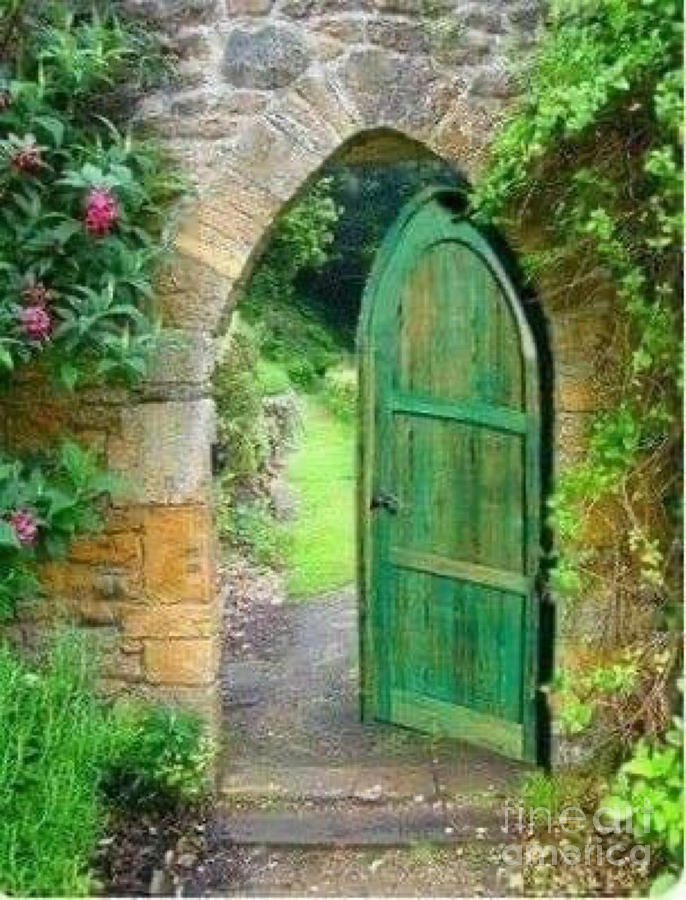
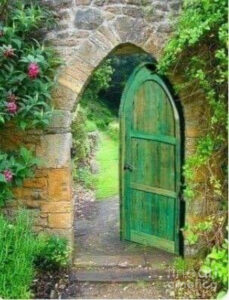 It’s right there. Behind that tree. In the shadow of the curtain in the room where you sleep. In your dreams, glowing with golden light.
It’s right there. Behind that tree. In the shadow of the curtain in the room where you sleep. In your dreams, glowing with golden light. 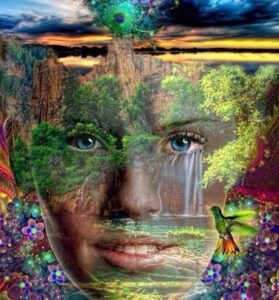
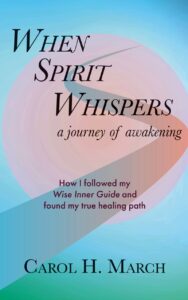

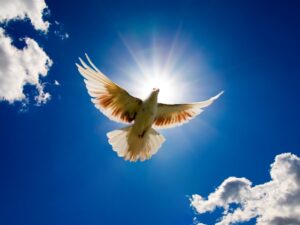 My next nonfiction book has a working title of Your Creative Self is Waiting for You. I am writing it for readers who want to access their creativity in any form. I believe we are all creative. Even those who protest, “Oh, not me, I have no talent.”
My next nonfiction book has a working title of Your Creative Self is Waiting for You. I am writing it for readers who want to access their creativity in any form. I believe we are all creative. Even those who protest, “Oh, not me, I have no talent.”
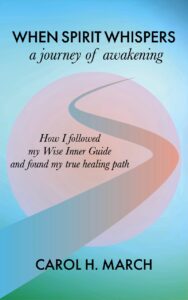

 Well, here we are. It’s been a month since I’ve attended a meeting outside my home. A month since I’ve taught in a classroom. Since I’ve had lunch with a friend, gone to a movie or stood in line at the grocery store. Even for an introverted writer who loves solitude, staying home this much gets weird.
Well, here we are. It’s been a month since I’ve attended a meeting outside my home. A month since I’ve taught in a classroom. Since I’ve had lunch with a friend, gone to a movie or stood in line at the grocery store. Even for an introverted writer who loves solitude, staying home this much gets weird.
 Vein of Gold, metaphorically the hidden treasure of our lives, is the title of a Julia Cameron book on journaling our way to creativity and spirituality. Her books are for people seeking to uncover their art, who may be stuck, or lack confidence in their ability to bring forth their ideas.
Vein of Gold, metaphorically the hidden treasure of our lives, is the title of a Julia Cameron book on journaling our way to creativity and spirituality. Her books are for people seeking to uncover their art, who may be stuck, or lack confidence in their ability to bring forth their ideas.